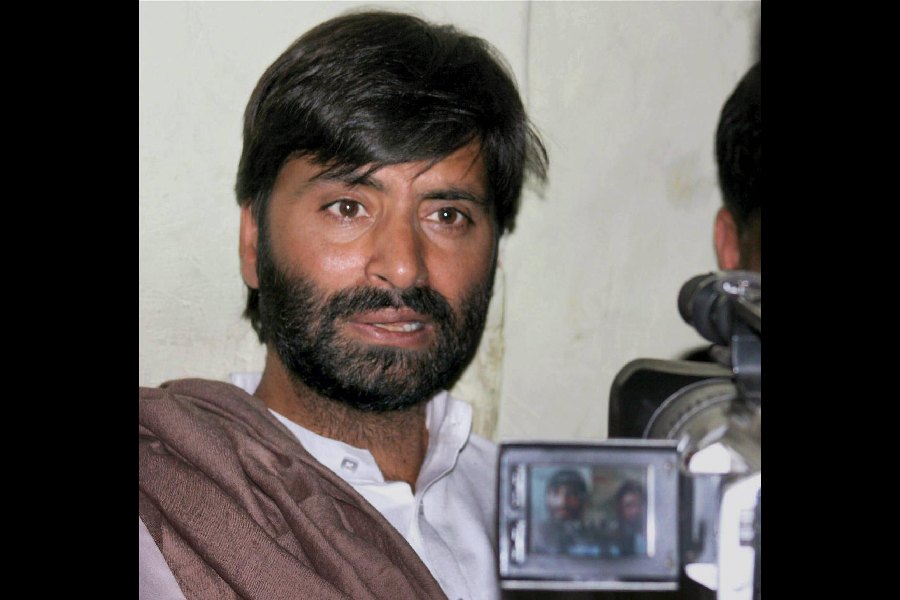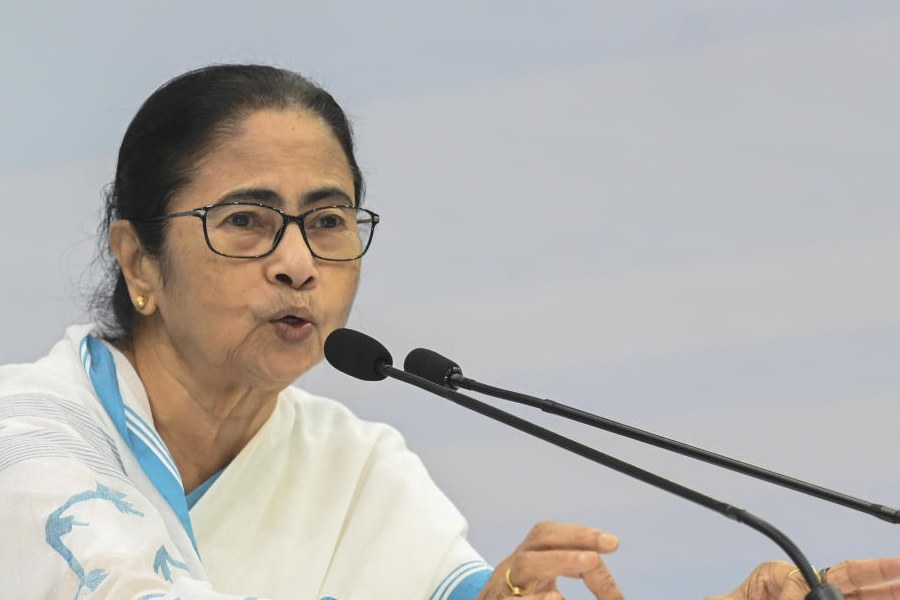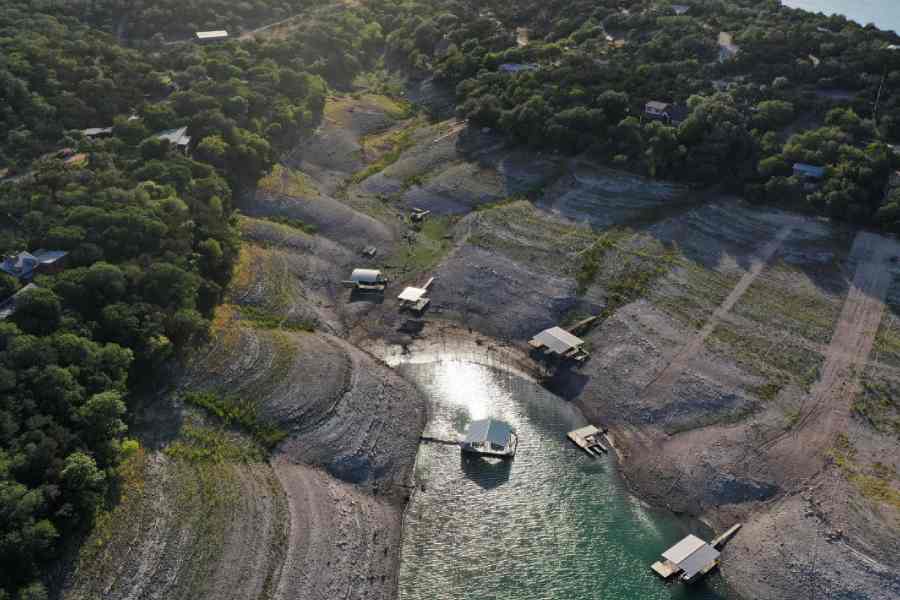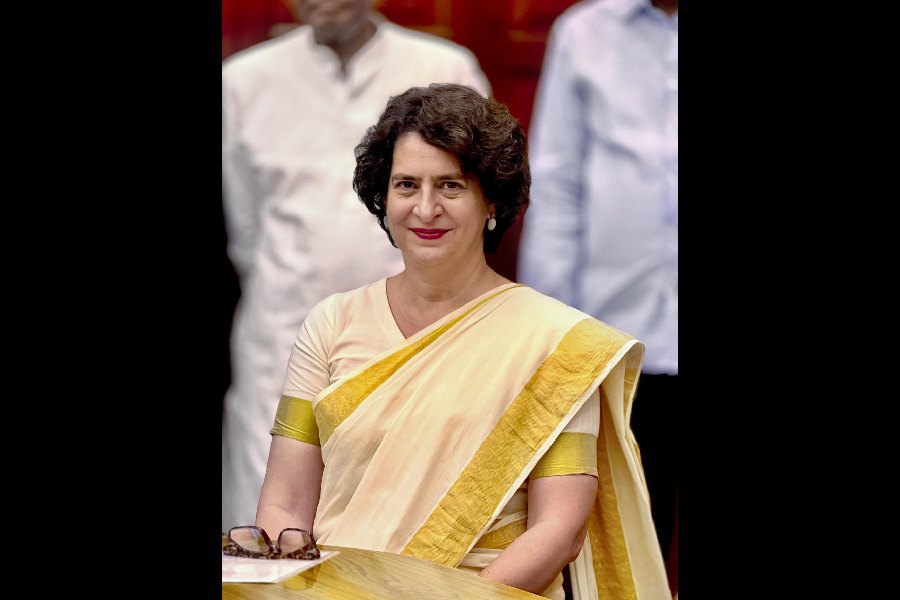The Supreme Court on Thursday sought the response of separatist leader Yasin Malik and other co-accused on the CBI’s plea for their cross-examination in a makeshift court hall within Delhi’s Tihar jail.
Yasin is an accused in the 1989 kidnapping of Rubaiya Sayeed, the daughter of then Union home minister Mufti Mohammad Sayeed. The CBI has raised security concerns over producing Malik in a Srinagar court.
The apex court, after taking on record the application and affidavit filed by the CBI which stated that necessary infrastructure was in place at Tihar, posted the matter for further hearing on December 18.
The CBI has pleaded against transferring Malik to Srinagar citing his alleged links with international terrorist organisations and that he was a “national threat” whose presence in Jammu and Kashmir could endanger public safety and complicate security arrangments.
The agency alleged that Malik was deliberately avoiding legal assistance to facilitate his presence in Jammu and Kashmir. According to the CBI, the separatist leader and many militants had in past cases engaged lawyers of their choice to defend themselves and Malik’s decision to argue his case himself was a ploy to compel the authorities to take him to Jammu and Kashmir.
“It appears that Malik is fully aware that he would never be taken to Jammu and Kashmir except under the pretext of attending the court proceedings personally,” the agency submitted before the court, adding that it was precisely for this reason he was trying to avoid the services
of lawyers.
“We have placed on record the fact that there already exists a fully functional court in the jail with all the facilities of video-conferencing if needed.... In the past, proceedings have taken place in that courtroom in jail,” solicitor-general Tushar Mehta told the bench on behalf of the CBI.
After hearing Mehta, the bench issued formal notices to Malik and other co-accused for their replies.
At the last hearing on November 21, the court had expressed doubts over how Malik could be cross-examined through video conferencing from Kashmir because of connectivity issues. After the doubts raised by the bench, Mehta on Thursday placed before the court an affidavit stating that all necessary infrastructure is available at Tihar.









